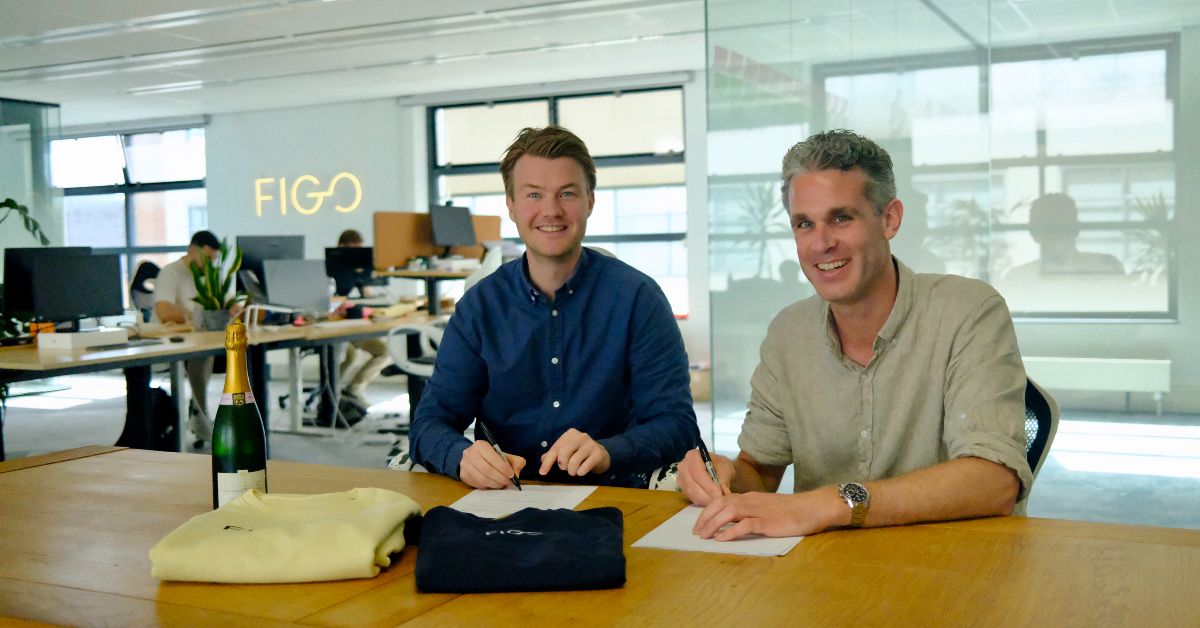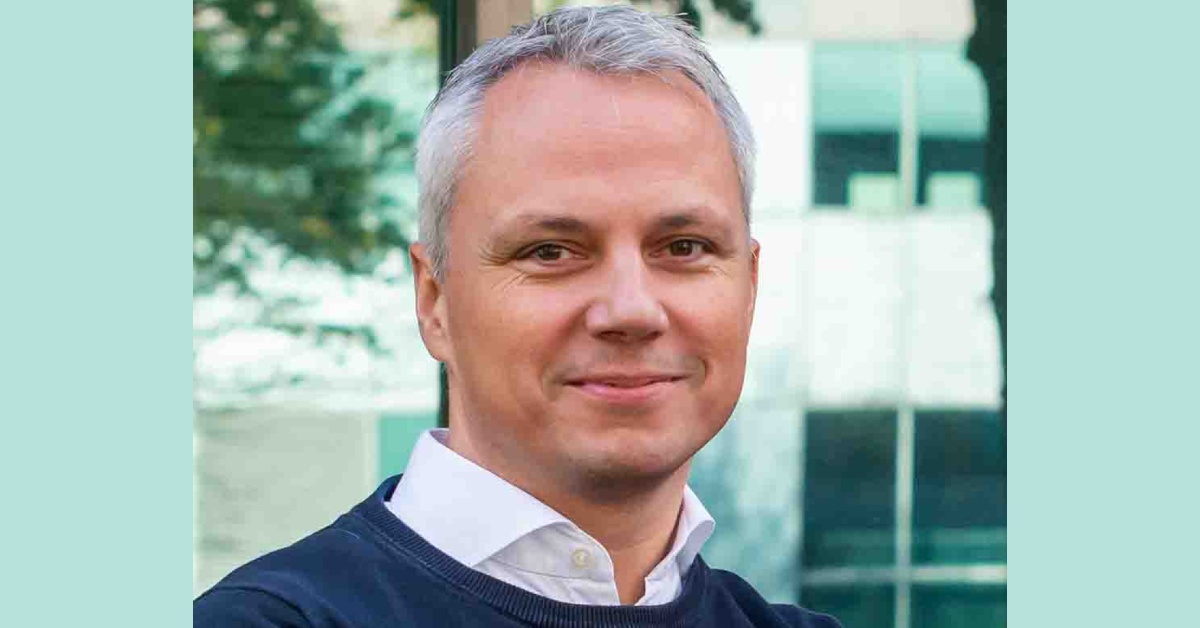Google has agreed to pay more than 300 publishers in the European Union for their news. The search giant has signed deals to cover news from publishers in Germany, France, Hungary, Austria, the Netherlands, and Ireland.
After becoming the unofficial gatekeeper for news publishers, the tech giant has begun signing deals with publishers in big markets. With the European Union having adopted a landmark copyright rules around three years back, the search giant signing deals with news publishers follows actions in markets like Australia.
“So far, we have agreements that cover more than 300 national, local and specialist news publications in Germany, Hungary, France, Austria, the Netherlands and Ireland, with many more discussions ongoing,” says Sulina Connal, Director, News and Publishing Partnerships at Google, in a blog post.
Google prepares to pay news publishers in the EU
The European Union Copyright Directive allows search engines like Google to freely link to, and use “very short extracts” of press publishers’ content. In the past, Google has been criticised for showing short excerpts from stories without negotiating with publishers and the EU directive allowed publishers an opportunity to bargain with the tech giant.
The EU countries are currently in the process of implementing the Copyright Directive into national law. Google says it is now launching a new tool designed to make offers to thousands more news publishers, starting in Germany and Hungary. Sundar Pichai-led company plans to roll out the tool to other EU countries over the coming months.
Google has not offered details on how it plans to compensate the publishers who sign content licensing deals. However, Reuters reports that two-thirds of the publishers signing up to the current deal are German publishers, including Der Spiegel, Die Zeit and Frankfurter Allgemeine Zeitung.
European Union Copyright Directive: what you need to know
For years, news publishers have argued that tech giants like Google and Facebook should pay for using their work in the form of search results or snippets. While Google or Facebook were apprehensive at first, the passage of laws in some countries forced the tech companies to negotiate directly with news publishers.
The European Union passed the Copyright Directive in 2019 to allow third-party online platforms like Google to directly negotiate with content providers. The European news publishers have clashed with tech giants and in 2014, Google News closed in Spain after the country passed a legislation forcing the tech giant to pay a collective licensing fee to republish headlines or news snippets.
Spain became one of the first countries in the European Union to adopt the copyright directive. The directive requires Google and Facebook to share revenue with publishers and also allows them to reach individual or group agreements with publishers.
In 2021, France fined Google €500M over a dispute with the country’s news publishers. The search giant signed a new agreement in March this year to pay French publishers for the right to display their news content online.
Google announces Extended News Preview (ENP) agreement
In a blog post, Google says the directive creates new rights for publishers for using short or longer previews but without defining the difference between the two. In order to supplement the directive, Google says it is offering publishers an Extended News Preview (ENP) agreement for their content.
The Extended News Preview (ENP) agreement will be available via Search Console and will include “information about what the offer is for, how to sign up and how to provide feedback.”
Google also says that the content used by its platform will respect the law and existing copyright guidance. The search giant is also offering publishers full control over whether or not their content appears in Google Search and also how the content would be previewed. Google is also paying more than 750 publications across Europe through its licensing programme called Google News Showcase.










01
From telecom veteran to Dutch Startup Visa success: The Jignesh Dave story